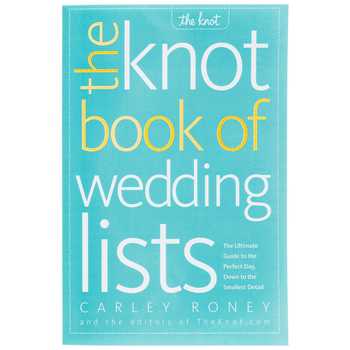Over at The American Conservative, I’m discussing a bioethicist who’s done a literature review to find anti-love drugs. He’s not discussing science fiction, but drugs that currently exist which could have the side effects of suppressing lust, attraction, and/or attachment if prescribed off label (anti-depressants are high on the list). His ethics questions are mostly focused on the level of the individual, but I’ve got concerns about how they’d shift societal expectations about responsibility and relationships.
Treating Heartbreak With a Pill
In these circumstances, and others like them, Earp concludes that “the individual, voluntary use of anti-love biotechnology … could be justified or even morally required.” Earp circumscribes this moral imperative to mean that it would be morally wrong to interfere with a person choosing treatment, not that it would be immoral to refuse it, but it is worth noting that most of the examples that Earp cites are ones where the lover would not want to take the drugs, at least initially.
An individual’s choice will be shaped by the soft coercion of friends, family, and society who decide it’s finally time to intervene. Just as voluntary euthanasia has drawn criticism for the potential for weak groups (women, the elderly, the disabled) to feel pressured to die “altruistically” so as not to become a burden, anti-love drugs might create a new social responsibility for the romantically bereft to take their medicine and move on.
In an essay for Modern Love, divorcée Candida Pugh describes a kind of “closure” that presages Earp’s new pharmacological regime…
It came to me as a revelation, one of those truisms that strike with lightning clarity when you’re hiding in the dark. While she ranted, I realized that her husband, and mine, had the right to leave us. Everyone has that right, however much it may hurt the one left.
In Pugh’s framework, the only obligation that marriage confers is a duty not to let your grief interfere with your partner’s choice to leave. The burden is on her to salve her wounds, not on her spouse to refrain from inflicting them.
I can praise one part of Earp’s ethics wholeheartedly: his research papers aren’t behind a paywall, you can read the full text here. (It turns out that his main concern is that people might feel pressured to use anti-love drugs to suppress feelings that society incorrectly frowns upon, like inter-caste romances and queer relationships). Overall, though, the paper could be part of a viral marketing campaign for the upcoming film adaptation of Lois Lowry’s The Giver.
The Modern Love column which I cite also put me in mind of this C.S. Lewis lecture on sexual morality.
https://www.youtube.com/watch?v=XBp8M8M4DMs
“Do you take this person until preferences do you part” is state of dating, not marriage, unless marriage is merely a legal way of managing hospital visits and tax filings.













